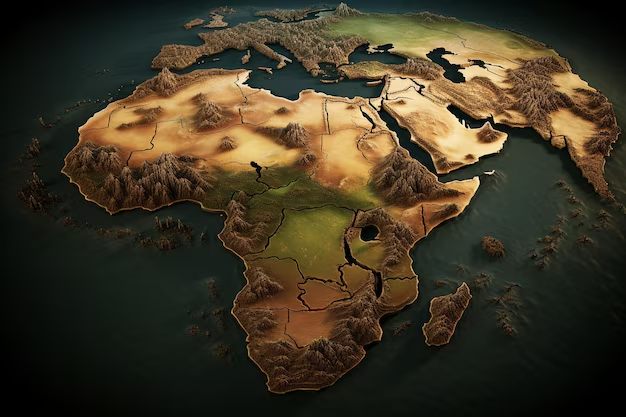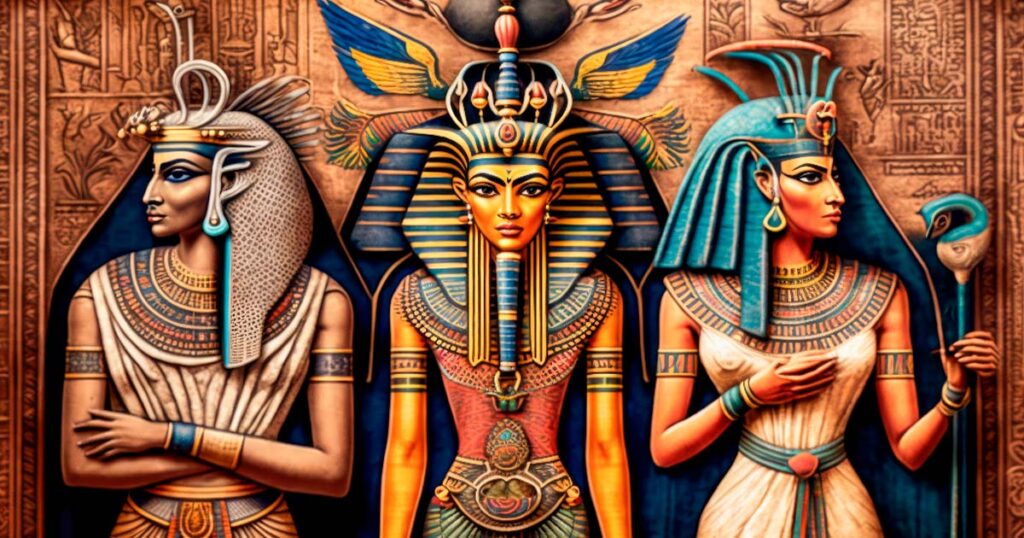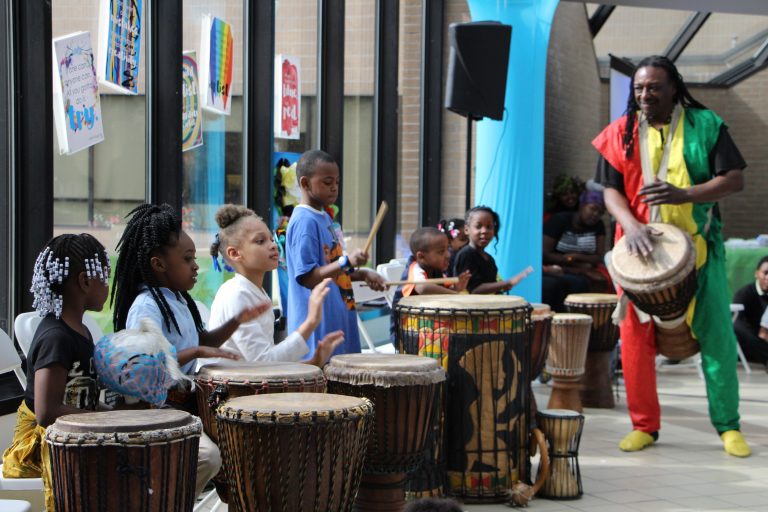For centuries, Africa has been a melting pot of diverse influences from across the globe, boasting cultural diversity, historical significance, and countless untold stories.
While its people have immersed themselves in various religions including Islam and Christianity and studied languages such as Arabic and English alongside delving deep into European history; it begs to question, when will Africans get a chance to truly explore their unique narrative for better self-understanding?

Exploring Africa’s Historical Narrative And Cultural Heritage
Africa’s history is rich with ancient civilizations, varied cultures, and notable achievements that have had a positive impact on humanity.
The richness of the continent’s history is apparent through accounts that illustrate creativity, resilience, and success. Examples include the impressive kingdoms of Egypt, Mali, and Axum as well as expansive trade networks that spanned various regions.
However, inaccurate narratives influenced by external perspectives tend to overshadow these accounts in global discussions.
Africa’s rich cultural heritage stands out as one of its most captivating features. Boasting over 3,000 distinct ethnic groups and languages, Africa’s tapestry is alive with diversity and dynamism.
Every community within the vast continent has a unique story to share through artful expressions such as traditional music rhythms or vibrant crafts, weaving together stunning displays that recount their individuality.
By cherishing this exceptional heritage, Africa cultivates a stronger identity while taking pride in her narrative-rich legacy.

Reclaiming Historical Narratives By Understanding Ourselves
The time has come for Africa to reclaim its historical narratives. By delving into the rich oral traditions, folklore, and ancient wisdom passed down from generation to generation, the continent stands poised to discover a wealth of stories that are ripe for sharing with humanity at large.
Through initiatives aimed at preserving and promoting indigenous knowledge systems, Africa can assert control over its own past while ensuring that future generations possess a comprehensive understanding of their cultural legacy.
When we delve into the history of Africa, it’s not simply a matter of comprehending what came before. It also provides us with the tools to understand today and even shape our tomorrow.
Through recognizing both victories and hardships experienced by those who precede us, valuable lessons are learned about contemporary challenges as well as potential prospects defining African existence right now.
In addition, exploring our heritage establishes an atmosphere promoting cohesion amongst distinct groups thus paving the way for a more comprehensive and influential Africa in the future.
Education and Awareness
The incorporation of African history and heritage in educational programs holds immense importance as it helps shape perspectives, cultivate curiosity about one’s past, and stimulate students’ minds.
This approach enables academic institutions to empower young individuals with an appreciation for their diverse cultural inheritance.
In addition, creating awareness through literature; and media outlets; and holding cultural events may also spark renewed interest in Africa’s historical significance while stimulating a collective quest for self-exploration among people from different backgrounds.

Embracing Diversity
The history of Africa is composed of numerous and distinct encounters, customs, and perspectives. By appreciating this diversity, we can construct a quilt formed by stories that convey the continent’s heart.
By undertaking projects that magnify underrepresented voices, protect vanishing practices, and commemorate interactions between different cultures; Africa has an opportunity to accept its multifaceted past in all its glory.
While Africa is advancing towards progress and interacting more with the world, it’s important to acknowledge that appreciating one’s heritage isn’t synonymous with isolationist tendencies.
Instead, valuing cultural autonomy promotes self-awareness and celebration of unique traditions in an increasingly globalized society.
Africa is now in a prime position to adopt its unique historical background and lead the path toward a forthcoming age where people worldwide can genuinely understand the profundity and diversity of this incredible continent.
